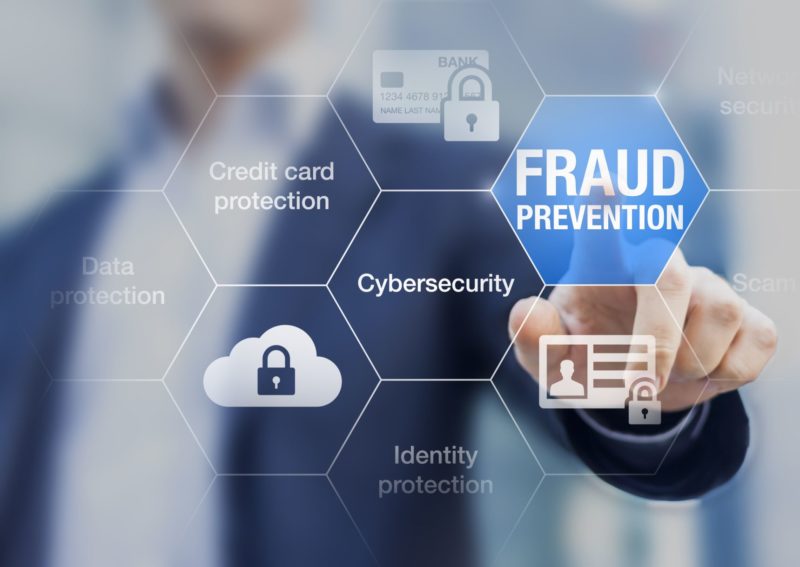Over the years, I have heard people comment about experiencing identity theft. Things like: Someone applies for unemployment benefits using your social security number, or they open a credit card or apply for a loan in your name, or—worst case—they take money out of your bank account and you are not able to recover it.
I have not experienced identity theft myself, but a very close friend of mine did last week, so I have witnessed the hassles and havoc secondhand. It is as if someone has broken into your car or home and stolen all your credit cards, bank statements, etc., but way worse. When it happens, you feel violated. Imagine all your credit cards being cancelled and not being able to access the cash in your bank account. It’s devastating.
I’ve learned there are several immediate action items I can personally take to lower my risk of the effects of identity theft to almost zero. And I wanted to share them with you with the hope that one or more of them will trigger you to take action.
- Freeze (or lock) your credit on all three credit bureaus: Experian. Equifax. Transunion. I used to think it was overkill when my sister Jackie suggested I do that, but several years ago (after another friend had an issue) I locked my credit on all three websites, and I now sleep better at night. Even my own bank cannot do a credit check on me without contacting me to unlock my credit. Rest assured that you can unlock your credit for as short as one day. It’s your quickest insurance that you will always know if someone else is trying to be you.
- Don’t click on text messages or emails that say they want to confirm a purchase on your credit card or bank account. If you are concerned that there might be a bogus charge, call the phone number on the back of your credit card to ask. If you suspect a phishing email, call your bank—most banks have a hotline to report phishing emails right on their website. I’ve reported phishing emails before. And beware of phone calls and voicemail messages with the same theme. They are likely frauds.
- Don’t use the same password for multiple accounts and logins. I used to be guilty of this, but after Google alerted me last year that one of my multiuse passwords was compromised, I changed all of my passwords. Yes, it was a pain in the neck, but again, deep inside I knew it was an easy way for someone to hack into my accounts.
- Get an online password manager. I am guilty of having all my passwords written down in a small black book that I carry everywhere. However, after this past week, I decided that I wanted to move into the 21st century, and I have set up a www.dashlane.com account. Dashlane is just one of many top-rated online password manager programs. For reference, check out this recent article with more information on the top seven password managers. You can pick the one that’s best for you. I’m still a novice user on Dashlane, and although it can be a bit tedious to set up, I can tell it will make my life easier in the future. My friend who is an interior designer—who had over 200 logins and passwords to remember—told me that using Dashlane has made her life much less complicated.
- If you are worried about mail or packages getting stolen from your mailbox or front porch, sign up with the local UPS store to be your address of record. My friend, who travels a lot, said it has been a lifesaver. Bonus: If you ever order wine (which requires an adult signature), there is always an adult over 21 at the UPS store.
- Ronald Reagan jokingly coined the popular phrase, “I’m from the government and I’m here to help” (calling the phrase “the nine most terrifying words in the English language”) but, truly, there are two government websites set up to help with recovering from identity theft.
https://www.identitytheft.gov/#/
https://consumer.ftc.gov/features/identity-theft
I hope you picked up at least one new pointer to help you prevent identity theft. I would love to hear if you have other suggestions to share!
Karen





